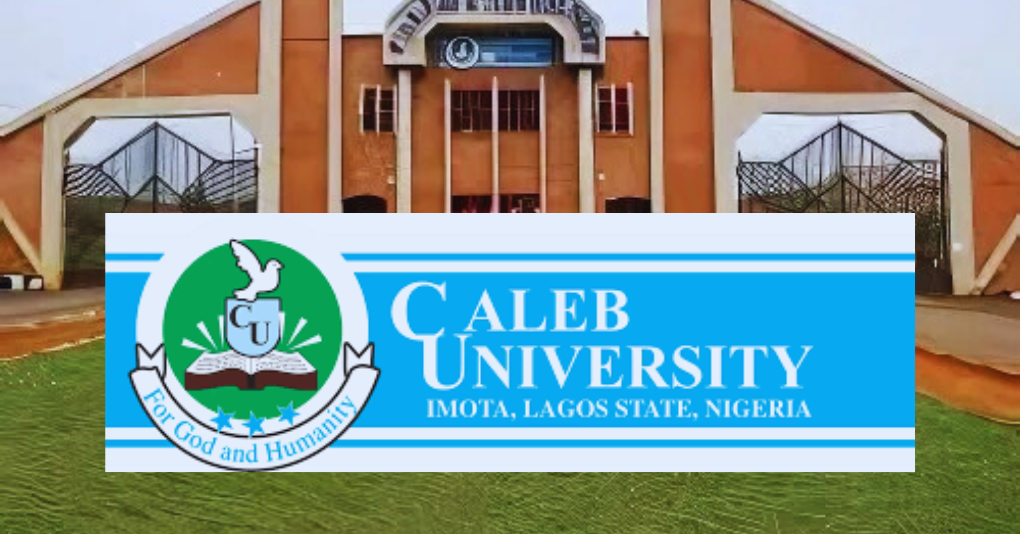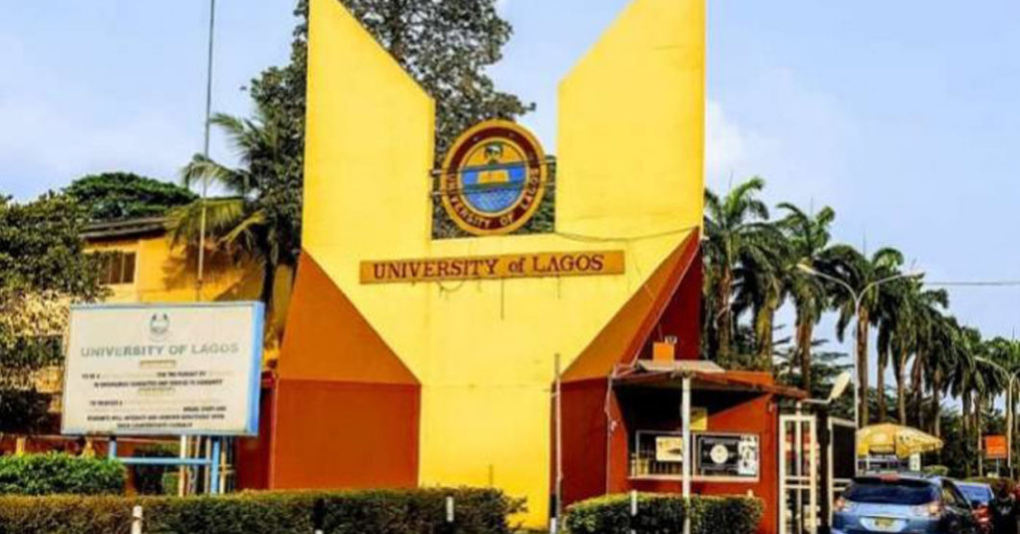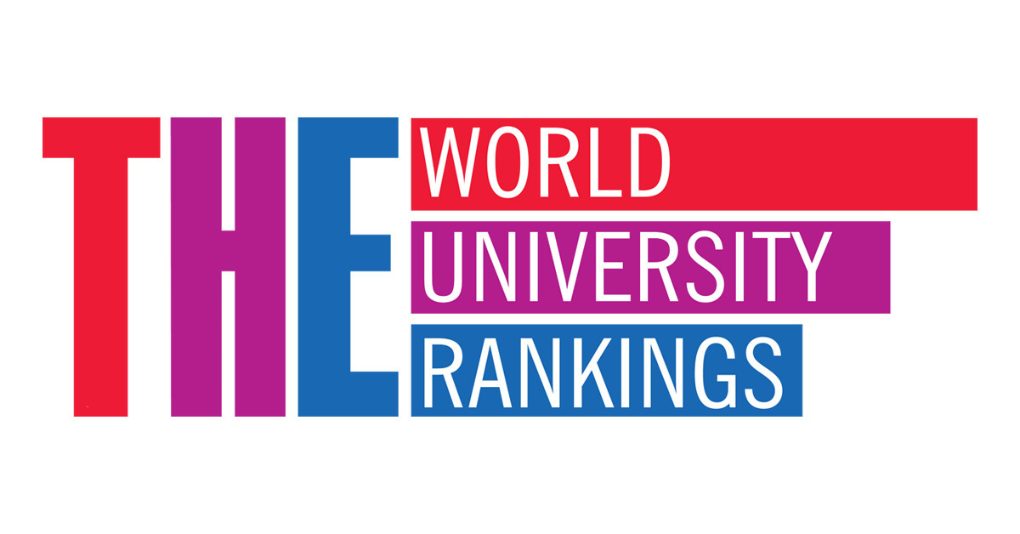The newly appointed Vice-Chancellor of Caleb University, Professor Olalekan Asikhia, has unveiled a seven-point agenda aimed at fostering academic excellence.
Asikhia disclosed this on Wednesday during a media engagement held at the university’s Council Chamber, Imota, Ikorodu, Lagos State.
BoldScholar News had reported that Asikhia was appointed Caleb University Vice-Chancellor in June for a three-year tenure.
While stressing his seven-point agenda, the VC noted that his administration would focus on enhancing innovation and research that would place the institution as number one in Nigeria and 20th in Africa by 2030.
“My vision is to create a godly environment for dream fulfilment, ensuring academic excellence, ensuring research and innovation, facilitating and maintaining global and international linkage collaboration, driving institutional governance, and supporting environmental sustainability,” he said.
According to him, the institution would also commit to developing the entrepreneurial skills of its students to make them job creators and self-reliant.
He stressed that part of the seven-point agenda included collaboration with local and international institutions and bridging the gap between the town and gown through collaboration with industry stakeholders.
He explained that the new administration would decentralise services, promote student-led chapel activities, and instil discipline through mentorship rather than compulsion.
Asikhia added, “We are encouraging students to register their companies while still on campus and start operating their businesses before graduation.”
He added that the university was developing a robust endowment and investment strategy that would ensure financial sustainability, while commercialising its research outputs.
According to him, the university mandated its lecturers to publish four Scopus-indexed research papers yearly as part of efforts to improve the university’s ratings.
Speaking on funding, the VC explained that it would be a good innovation if the Federal Government could support quality research in private institutions, stressing that such funding would enhance national development.
Asikhia said, “It would have been very lovely if the government could agree that private universities should benefit from TETFund. It would have greatly helped research and the general development of the nation because there are intelligent people in most of the private universities, and not encouraging their research is a minus to the nation.
“Concentrating only on public, federal, and state universities is not good for the nation. It is not allowing the nation to make use of its lofty human resources. The nation is the one cheating itself in that regard.”
Stressing the adoption of Artificial Intelligence in the university system, Asikhia said that the institution would adopt AI in a way that would not erode critical thinking.
He concluded by stressing the university’s commitment to moulding students who are reflective solutions to world problems.
In her remarks, the Deputy Vice-Chancellor in charge of Research, Innovation, Strategy, and Administration, Adetutu Ajayi, stressed that the university has been able to publish cutting-edge research papers in top-tier journals, adding that the practice had earned the institution partnerships with universities in the United Kingdom, Turkey, among others.
Also speaking, the DVC in charge of Academics, Professor Sunday Adewale, added that as part of efforts to ensure that students of the institution carried out solution-driven research, they ensure that such research has input from key players in the industry.
Share this post





Be the first to comment on this post